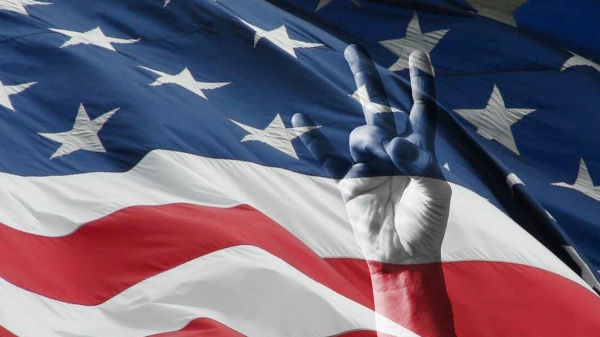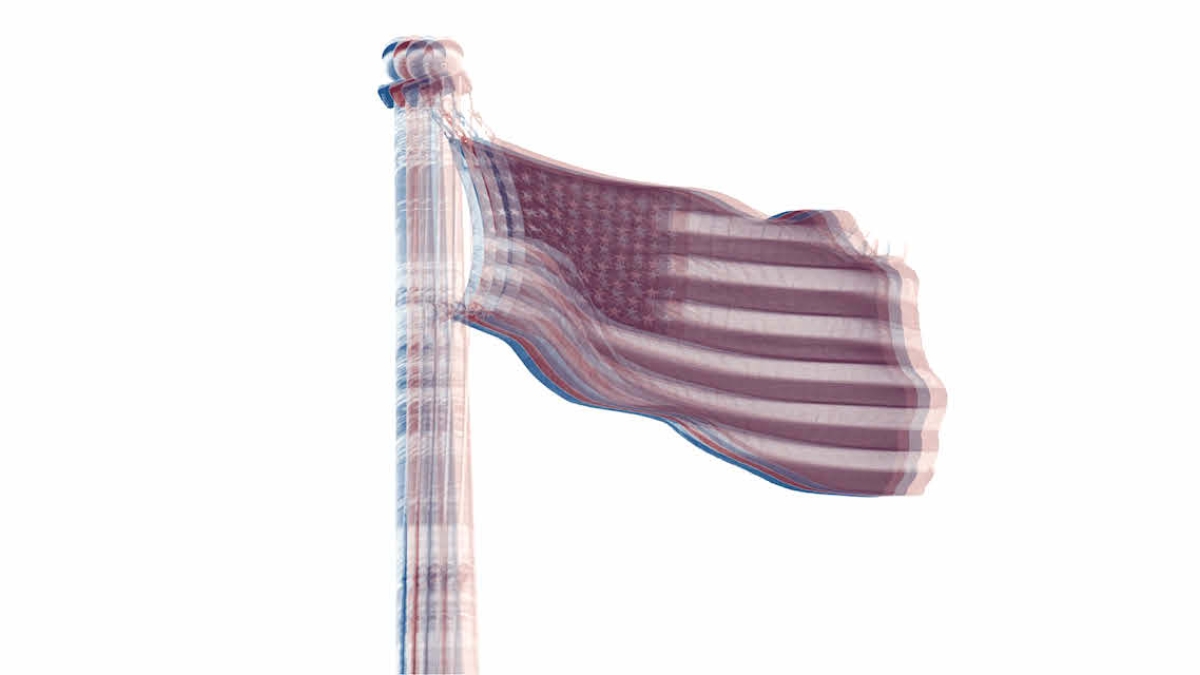The Project on Ethics in Political Communication at The George Washington University and the Center for the Study of Religion and Conflict at Arizona State University are bringing together leading scholars and practitioners for a conversation about what the “soul of the nation” means in theory — and in practice.
President Joe Biden promised to restore the soul of America, an idea he repeated during his inaugural address. For some this appeal to “civil religion” can bring the nation together with a shared moral purpose. For others, it can be exclusionary and raises concerns about “Christian nationalism” and fears about national hubris.
“The idea of a national soul, or of a civil religion, is a staple of American politics,” said Peter Loge, the director of the Project on Ethics in Political Communication and a political veteran. “But what candidates mean by it, and whether or not it’s more than a talking point, are open questions.”
“This discussion aims to bring theory and practice together,” said John Carlson, the interim director of the Center for the Study of Religion and Conflict. “The idea of a shared civic faith can look very different in academia than it does in the halls of Congress or in our communities. We hope our discussion finds ways to bridge these divides.”
The event will take place over Zoom on April 1 at 3 p.m. MST/6 p.m. EST. It is free and open to the public.
The panel is:
- John Carlson, interim director of the Center for the Study of Religion and Conflict, associate professor in the School of Historical, Philosophical and Religious Studies at ASU and co‐director of the Recovering Truth project.
- Peter Loge, director of the Project on Ethics in Political Communication and an associate professor at GWU.
- André Gonzales, staff assistant in the U.S. Senate, a 2019 Truman Scholar and a current Truman‐Albright Fellow with the Harry S. Truman Foundation.
- Nichole R. Phillips, director of the Black Church Studies Program, associate professor in the practice of sociology of religion and culture at the Candler School of Theology at Emory University and a senior faculty fellow at the Emory Center for Ethics.
The moderator is Rozina Ali, a fellow at Type Media Center. Her reporting and essays have appeared in The New Yorker, Foreign Affairs, The Nation, the Guardian, The New York Times, Al Jazeera America, Foreign Policy and others.
Get details and register for the event.
Written by Peter Loge
More Law, journalism and politics

ASU launches nonpartisan Institute of Politics to inspire future public service leaders
Former Republican presidential nominee and Arizona native Barry Goldwater once wrote, "We have forgotten that a society…

Annual John P. Frank Memorial Lecture enters its 26th year
Dahlia Lithwick, an MSNBC analyst and senior legal correspondent at Slate, is the featured speaker at the School of…

The politics behind picking a romantic partner
A new study reveals the role that politics play when picking out a romantic partner — particularly for older adults.“Findings…


